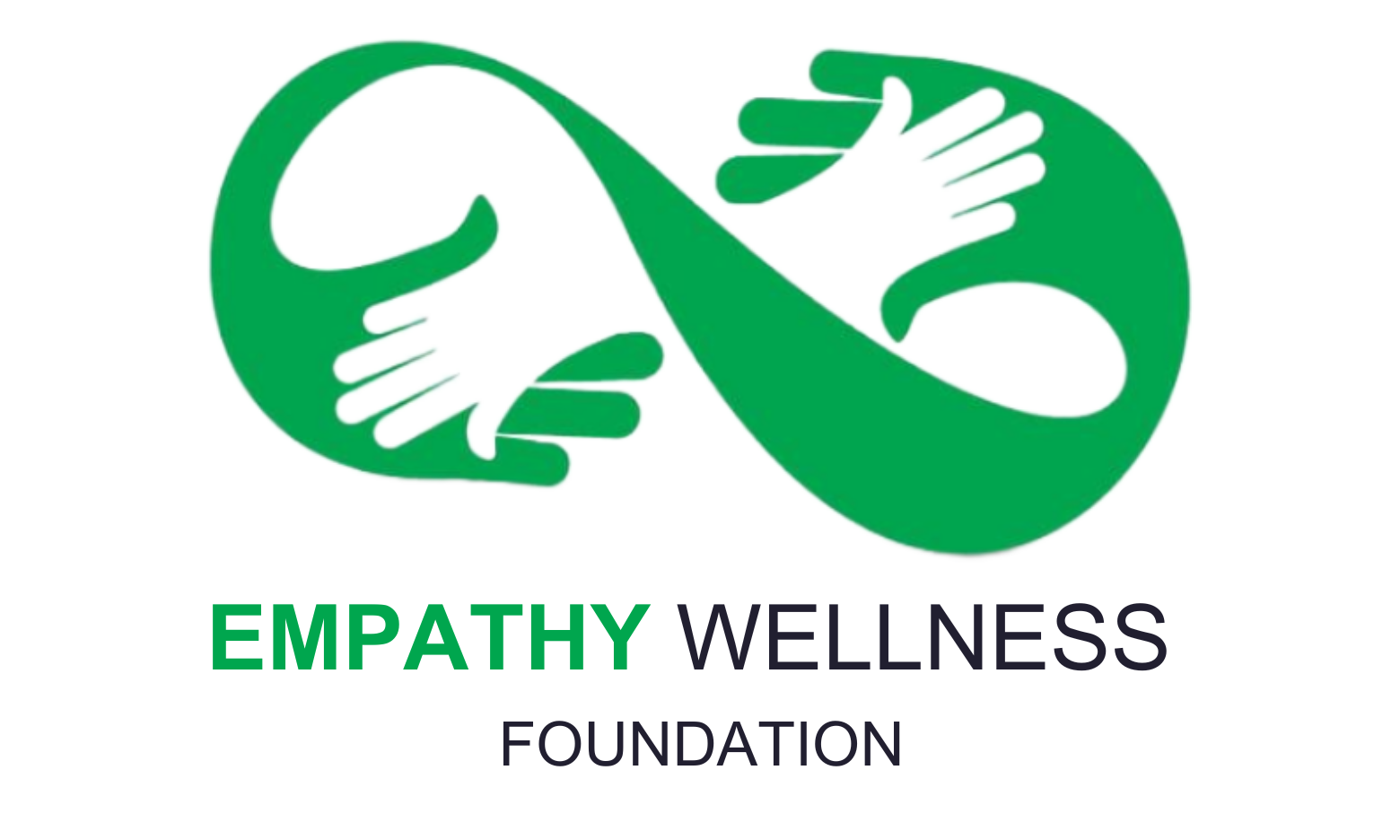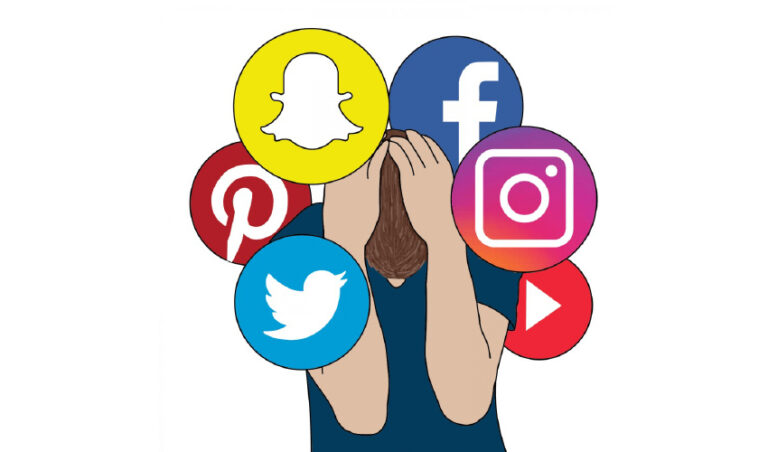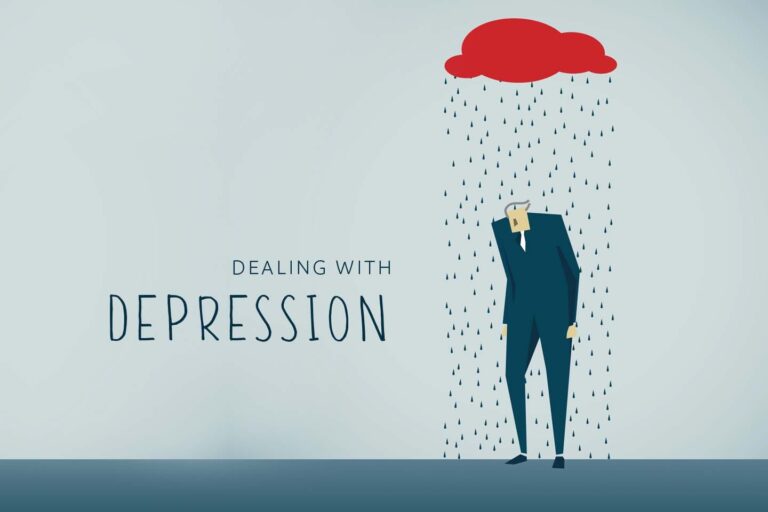Rest is Not Laziness: Reclaiming the Right to Slow Down
We live in a world where hustle is glorified, exhaustion is worn like a badge of honor, and slowing down is often mistaken for weakness. In this environment, rest has become a radical act—and one that’s often misunderstood.
But here’s the truth:
Rest is not laziness. Rest is necessary. Rest is survival. Rest is strength.
The Burnout Culture We’ve Come to Accept
From an early age, we’re taught that productivity equals worth. That the more we do, the more valuable we are. So we fill our calendars, skip breaks, push past burnout, and sacrifice sleep—thinking we’re doing the right thing.
And when we finally stop, even for a moment, guilt creeps in.
We ask ourselves:
- “Am I being lazy?”
- “Shouldn’t I be doing something?”
- “What if I fall behind?”
This internal dialogue is a product of a culture that has confused being busy with being successful. But constant motion is not sustainable. And burnout is not a rite of passage—it’s a red flag.
What Rest Really Means
Rest doesn’t just mean sleep (though that’s important too). It means:
- Taking a break from emotional labor.
- Giving your mind space to breathe.
- Letting your body slow down without shame.
- Saying “no” to things that drain you.
Rest can look like reading a book, going for a walk, journaling, lying in silence, or spending time in nature. It’s about creating intentional space where your nervous system can reset—especially in a world that rarely stops spinning.
And it’s not selfish to rest. In fact, it’s one of the most responsible things you can do for yourself and for those around you.
The Mental Health Connection
Ignoring rest doesn’t just impact your body—it takes a serious toll on your mental health. Chronic fatigue, irritability, anxiety, depression, and brain fog are all common symptoms of burnout. When we constantly push ourselves without pause, our nervous system stays in survival mode.
Rest is how we regulate.
It’s how we reconnect with ourselves.
It’s how we return to clarity, creativity, and emotional resilience.
The more we delay rest, the more disconnected we become from our needs, emotions, and sense of inner peace.
The Guilt of Doing ‘Nothing’
Many people feel guilty for resting, especially if they associate rest with idleness or unproductiveness. But doing “nothing” is not a waste of time—it’s an investment in your well-being.
Let’s shift the mindset:
- Rest is not something you earn—it’s something you deserve by being human.
- You do not need to reach a breaking point to justify taking care of yourself.
- Your worth is not measured by how much you produce or how tired you are.
Imagine if we treated rest with the same importance as deadlines. What if “I need time to recharge” was as respected as “I have a meeting”? The world would look different—and we’d all be healthier for it.
Rest as Resistance
In a society that profits from your exhaustion, choosing to rest is an act of rebellion. It’s saying:
“I am not a machine.”
“I am not defined by constant output.”
“My well-being matters more than my to-do list.”
For marginalised communities, especially, rest is a form of healing and resistance. It’s a reclaiming of space in a world that often denies it. As the activist Tricia Hersey of The Nap Ministry puts it: “Rest is a form of resistance because it disrupts and pushes back against capitalism and white supremacy.”
Practical Ways to Reclaim Rest
If rest feels foreign or difficult, start small:
- Schedule downtime like you would a meeting.
- Unplug from screens for a set time each day.
- Create a “rest ritual”—something you do daily to reset (e.g., stretching, music, deep breathing).
- Challenge your guilt by reminding yourself: “Resting makes me more present, not less responsible.”







